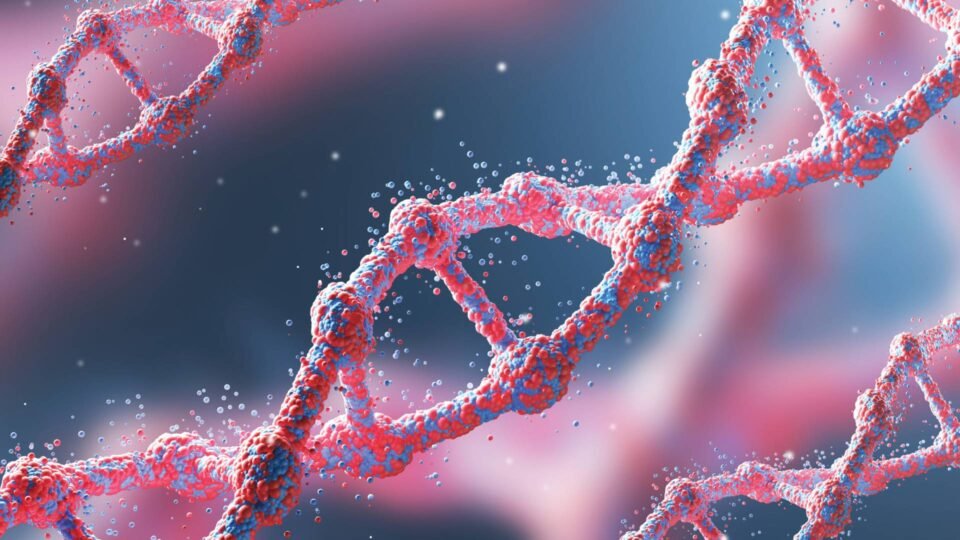Free Genetics- and Genomics-Themed Instructional Materials and Professional Learning Available to High School Educators Nationwide
The National Human Genome Research Institute (NHGRI), part of the National Institutes of Health (NIH), and the National Science Teaching Association (NSTA) have partnered to ignite genetic and genomic curiosity in students through a new, multi-year initiative that will provide research-based instructional resources and professional learning experiences to high school educators nationwide.
Launched today, Genome: Unlocking Life’s Code will provide educators with free lesson plans and storyline units to help guide high school students as they explore various genetics and genomics concepts. High-quality professional learning experiences will also be developed to support educators’ use of the instructional materials.
“We are excited to partner with NSTA. Our efforts will provide students with opportunities to learn about genetics and genomics in an accessible and interactive way,” said Lawrence Brody, Ph.D., director of NHGRI’s Division of Science and Society, which oversees the institute’s Education and Community Involvement Branch. “We hope these lesson plans will help every student better understand how genetic and genomic science applies to their life.”
Based on the best research available on how to engage all students in learning science, the first NSTA Storyline available from Genome: Unlocking Life’s Code—High School Genetics Unit: Food Allergies Storyline—consists of seven lesson plans designed to engage students, as scientists, to investigate a specific phenomenon: bans on certain foods in cafeterias and classrooms. The genetics unit culminates in a do-it-yourself (DIY), community-focused project, designed to use resources from the DIY version of the NHGRI/Smithsonian Museum exhibit, Genome: Unlocking: Life’s Code.
“The impact of genetic and genomic science is relevant to so much of the world around us from the food we eat to life-saving vaccines. These resources help educators make connections to real-world situations, which educators have asked for so they can create exciting and empowering collaborative learning environments,” said Erika Shugart, Ph.D., executive director, NSTA. “We are thrilled to be partnering with the National Human Genome Research Institute to provide educators with engaging, research-based instructional materials that bring scientific exploration and real-world problem solving to students in new and exciting ways.”
In July, Genome: Unlocking Life’s Code will unveil its first of two NSTA Playlists, which contains a series of lessons that high school educators can use to help students coherently build science ideas over time. An additional unit and playlist for grades 9-12 will be available next year.
The first series of web seminars to support educators’ use of the new Genome: Unlocking Life’s Code lesson plans and storyline unit will begin next month. Registration for these professional learning opportunities is free and open to educators at https://www.nsta.org/nhgri-genome.
For more such updates and perspectives around Digital Innovation, IoT, Data Infrastructure, AI & Cybersecurity, go to AI-Techpark.com.

